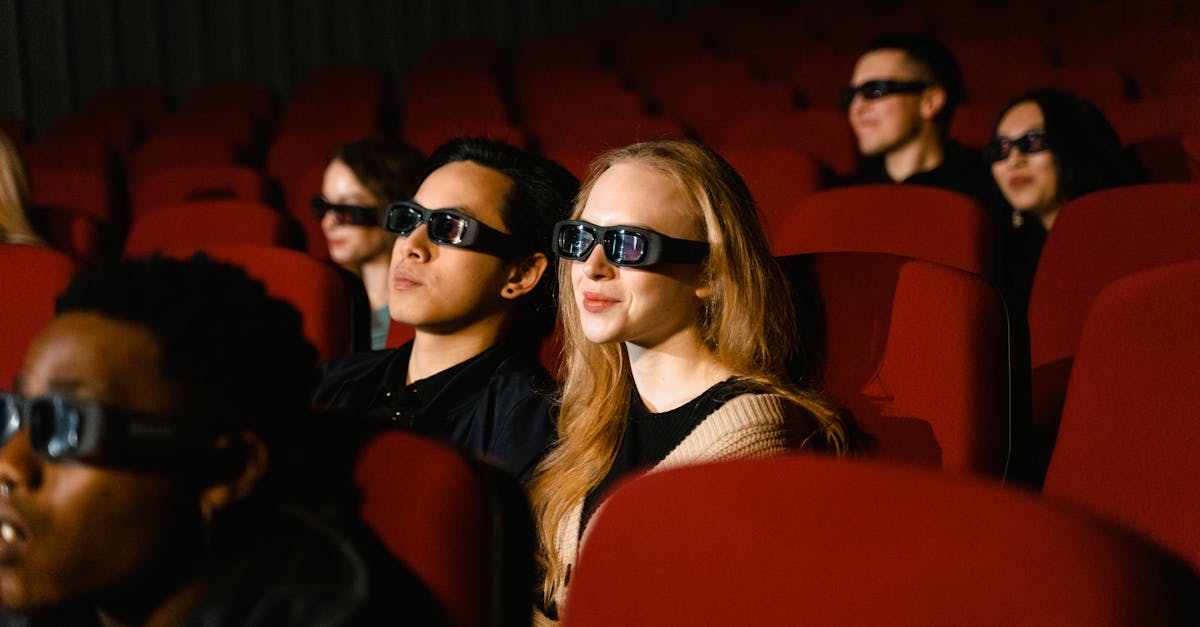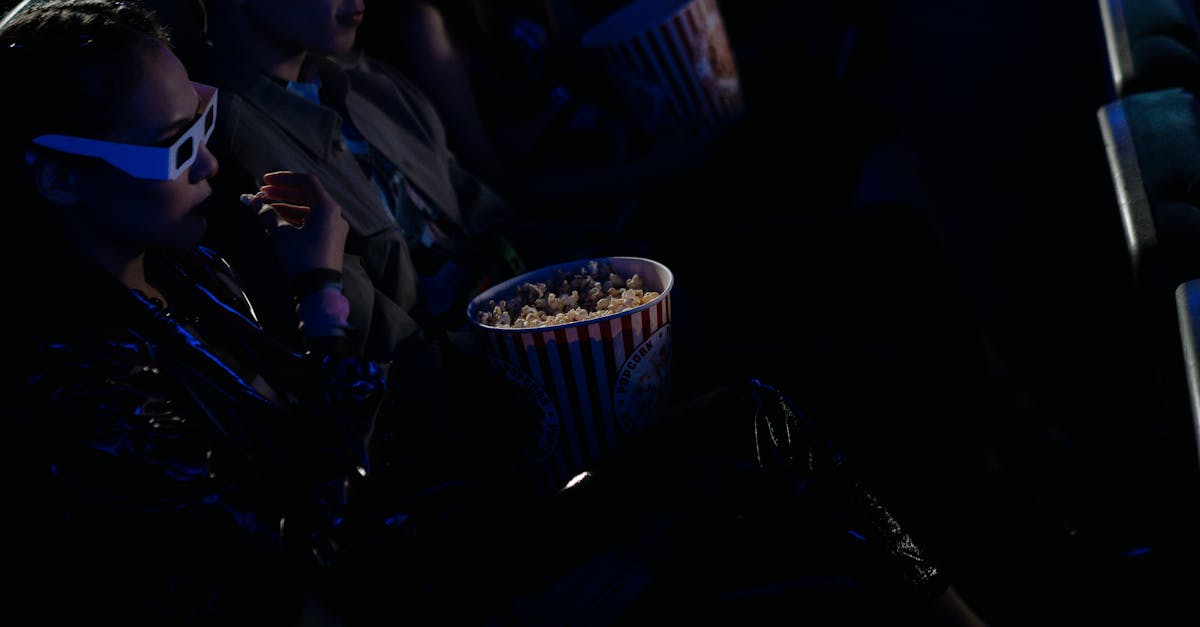The Power of Meme Culture
Introduction
In today's digital age, memes have become an integral part of how people communicate and engage with each other. These humorous snippets, often comprising images and text, spread rapidly across social media platforms and influence public opinion. Meme culture has revolutionized the way pop culture is created, consumed, and critiqued, establishing itself as a powerful societal force.
Advertisement
Origin and Evolution
The meme concept originated from the book "The Selfish Gene" by Richard Dawkins in 1976, where it referred to a unit of cultural transmission. However, with the emergence of the internet, this concept evolved. Memes today are viral snippets of humor that replicate by imitation and shareability, transforming how pop culture trends emerge and dissipate.
Advertisement
Platforms as Cultural Hubs
Social media platforms such as Instagram, TikTok, and Twitter have become breeding grounds for meme culture. These networks allow memes to spread at lightning speed, reaching millions in seconds. They enable ordinary people to participate in creating and sharing content, giving rise to a collective pop culture that resonates on a global scale.
Advertisement
Influence on Language
Memes have a remarkable effect on language and communication. Catchphrases and slang born from memes become part of everyday dialogue, transcending cultural and linguistic barriers. Phrases like "OK Boomer" encapsulate complex generational tensions, demonstrating how memes succinctly encapsulate social phenomena.
Advertisement
Social Commentary and Awareness
Beyond humor, memes serve as a medium for social commentary and activism. They address critical societal issues such as politics, climate change, and mental health, often with a comedic spin. By simplifying complex topics, memes engage a wider audience, raising awareness and prompting discussions on key global matters.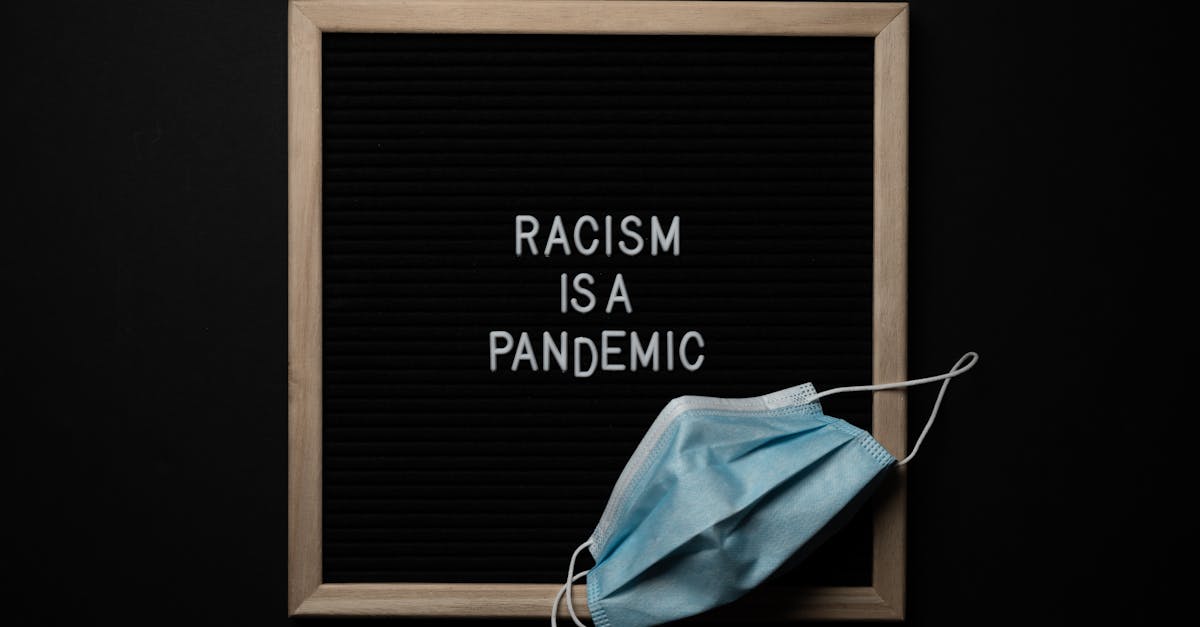
Advertisement
Branding and Marketing
Businesses have tapped into meme culture to connect with younger audiences. Brands create or capitalize on popular memes, resulting in increased engagement and brand recognition. With their relatable and humorous nature, memes enable companies to humanize their brands, fostering stronger emotional connections with consumers.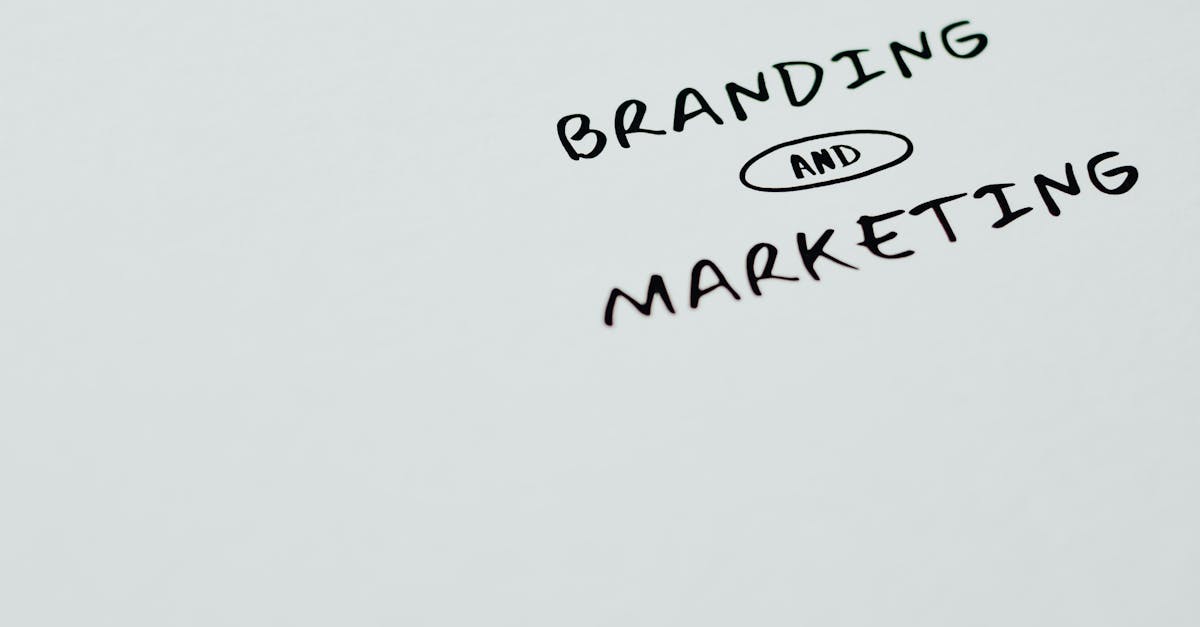
Advertisement
The Impact on Entertainment
The entertainment industry is significantly influenced by meme culture. Iconic TV shows, movies, and music often generate memes that contribute to their popularity. Memes serve as free marketing tools that extend the lifespan of entertainment content, promoting it to audiences beyond traditional marketing methods.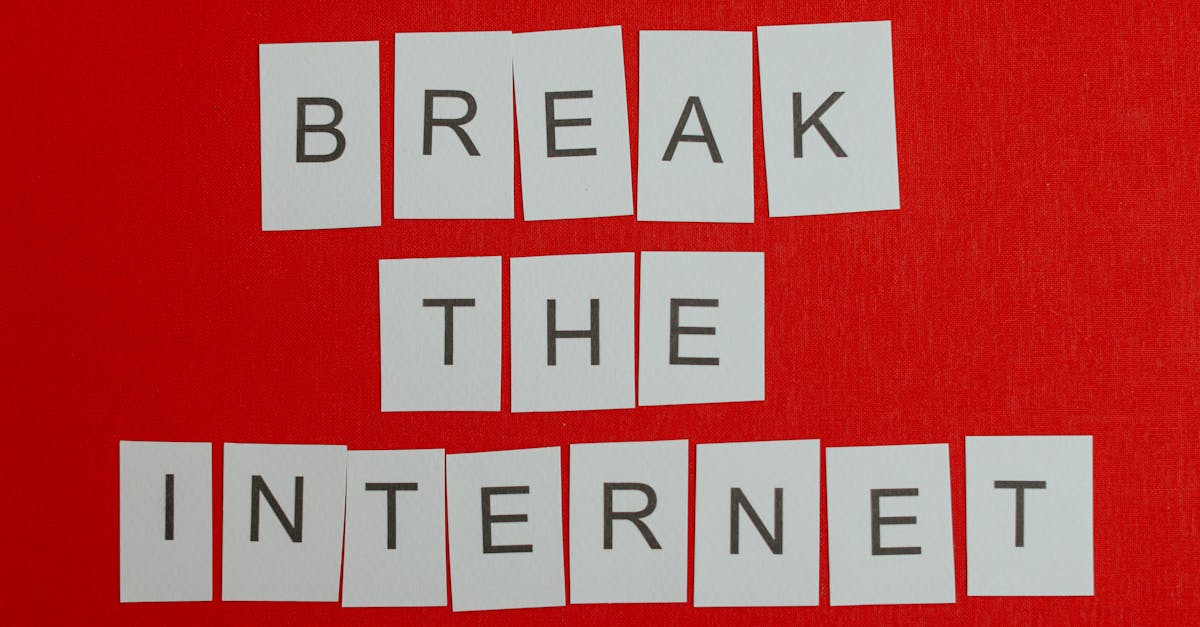
Advertisement
Challenges and Criticisms
Despite their popularity, memes face criticisms regarding intellectual property violations and misinformation. Memes' derivative nature often leads to debates about originality and copyright issues. Moreover, the humorous yet oversimplified presentation of facts can spread misinformation, prompting discussions on responsible meme sharing.
Advertisement
The Future of Meme Culture
As technology advances, the influence and complexity of meme culture are expected to grow. Innovations like augmented reality and AI could revolutionize how memes are created and consumed. The evolving landscape raises questions about memes' potential to drive social change and how they will shape the pop culture of the future.
Advertisement
Summary and Conclusion
In conclusion, meme culture is a dynamic force influencing multiple aspects of modern society. Its ability to entertain, inform, and spark conversations makes it an enduring facet of pop culture. As memes continue to evolve, their impact on communication and cultural trends will undoubtedly remain significant.
Advertisement

